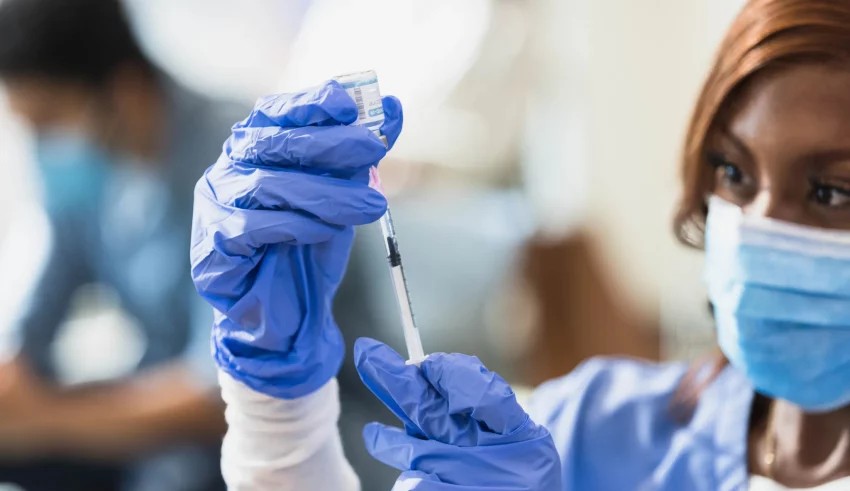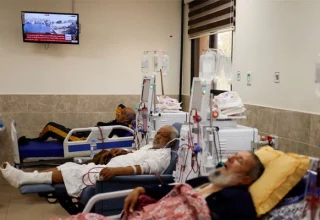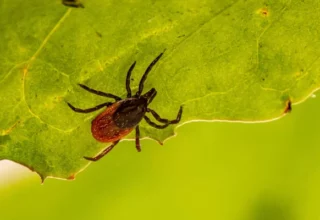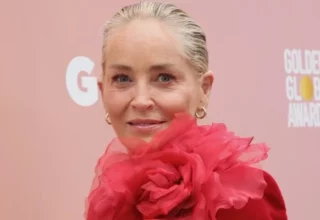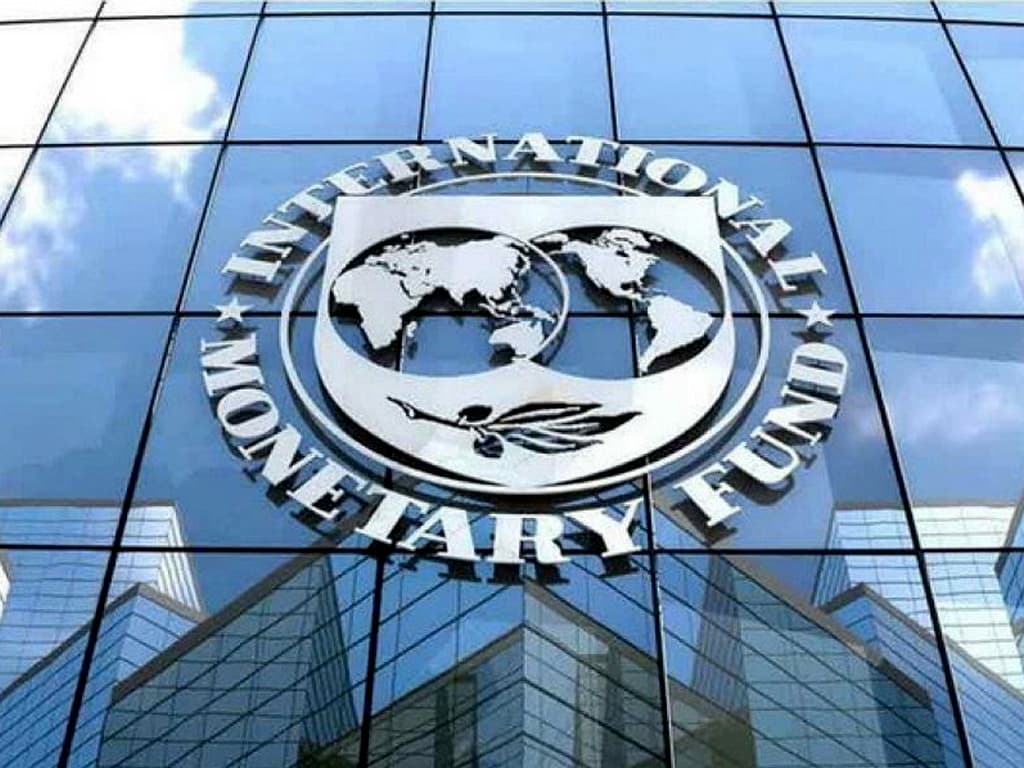A small percentage of Americans got the most recent covid-19 booster shot, and even fewer probably realize the federal government is preparing to recommend yet another shot as early as Tuesday.
for Disease Control and Prevention should advocate vaccinating only those most at risk from the virus.
But then Schaffner, an infectious disease specialist at Vanderbilt University Medical Center, changed his mind.
Members of the CDC’s Advisory Committee on Immunization Practices won him over to the argument that the vaccine be recommended for all Americans above 6 months of age, he said in an interview. The committee, which sets U.S. vaccination policy and helps determine insurance coverage for vaccines, will vote on the question Tuesday as it weighs the benefits of updated vaccines from Pfizer and Moderna. The FDA, the CDC’s sister agency, approved the two booster shots for use on Monday.
Not all vaccine experts see it quite as Schaffner, a nonvoting liaison representative to the ACIP, does.
“I don’t plan to get it myself,” said Paul Offit, 72, the director of the Vaccine Education Center at Children’s Hospital of Philadelphia. He’s had two boosters and got covid last year. Another vaccine might increase his protection against mild infection for a few months, but like most Americans’ immune systems, his is already familiar enough with the virus to protect him from serious disease, Offit believes.
Some of Schaffner’s scientific colleagues argue the government should be recommending the shot only for frail, older, sick, and immunocompromised people. Over 95% of the U.S. population are already covid-immunized through vaccination, infection, or both, and the risks of serious illness for healthy younger people are not great.
Schaffner doesn’t disagree. But lots of not-necessarily-vulnerable Americans do want the shot for themselves and their children, and, without a CDC recommendation, insurance companies wouldn’t have to pay for the vaccine.
It’s “pretty awful” that Pfizer and Moderna, the two main covid vaccine producers, have decided to charge up to $130 a shot, compared with $30 last year for the booster, which was produced under government contract, said Kathryn Edwards, a professor of pediatrics at Vanderbilt and a member of an ACIP working group on covid. (Pfizer spokesperson Amy Rose said the price was “consistent with the value delivered” and reflected higher expenses to provide the shots commercially.)
But a partial recommendation could leave the very groups who suffered most during the pandemic — minorities and other disadvantaged groups — unable to get vaccinated if they want but can’t afford to.
“The last thing we need are financial barriers that would enhance disparities,” Schaffner said.
A 1993 law requires the federal government to pay for childhood vaccines recommended by the ACIP, and more recent legislation requires coverage of adult vaccines within 15 days of an ACIP recommendation.
Pfizer and Moderna continue to make billions of dollars in sales of covid vaccines, although they are producing fewer doses. Moderna CEO Stéphane Bancel told investors in August that the company expected its global covid vaccine sales to be $6 billion to $8 billion this year, depending on uptake in the U.S. Pfizer expects about $14 billion this year.
Within a few years, both companies expect to be producing combination vaccines protecting against influenza, covid, and possibly respiratory syncytial virus. About 170 million flu vaccines were distributed last flu season in the U.S., so a combination product could lock in a large market for covid vaccines as well.
Despite broad recommendations for the updated covid booster shot released last fall, only 17% of the U.S. population got it — and about 43% of those 65 and older. How many will get the vaccine this season is uncertain, as is the benefit of the shot. A study of the new Moderna vaccine showed that it increased antibodies to various covid strains, though it wasn’t clear how much protection against disease it would offer, nor for how long.
The new vaccine is unlikely to be a “game changer,” said John Moore, a professor of microbiology and immunology at Weill Cornell Medical College.
For healthier adults and children, “it’s a boost in protection for a few months,” Moore said. Who exactly will benefit most is impossible to predict because the U.S. is “not a cookie-cutter population.” Its people have by now been exposed to a bewildering combination of vaccines, boosters, and different strains of the virus.
Christopher Ridley, a Moderna spokesperson, said the updated vaccine was well matched to current viral strains, adding, “We encourage people to get vaccinated for covid when they get their annual flu shot.”
Fearmongering has distorted the threat of the virus, Moore said. He is skeptical of the significance of the recent uptick in covid hospitalizations, and criticized social media posters who have raised fears about new viral strains that don’t seem to pose any fundamental challenge to the new vaccines.


